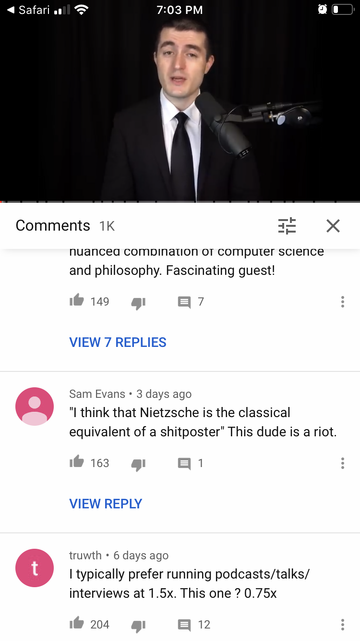Soupie
Paranormal Adept
I didn’t mean to imply that Seth was a philosopher of mind.I meant to link this to @Soupie's claim:
"As I’ve said in the past, one of Seth’s strength is that he has a grip on the science and philosophy of consciousness."
 But he has acknowledged on several occasions that the HP is real and not simply semantics. Which is more than I can say for many neuroscientists working in consciousness.
But he has acknowledged on several occasions that the HP is real and not simply semantics. Which is more than I can say for many neuroscientists working in consciousness.ive learned via twitter that Anil is familiar with Joscha Bach’s work. Bach recently commented on twitter that he is not an illusionist ( although he had believed he was ). Instead he now believes that phenomenal experience can be described as virtual, rather than as an illusion.
this has bother me for quite some time as I am a consciousness realist ( which I think we all are in this thread ). ( Bach unlike Anil, would probably say the HP is not a problem. )
Bach is approaching consciousness from the perspective of computer coding. I believe the reason that Bach doesn’t see p consciousness as a problem is bc he is used to various softwares running on various hardware, and there being no geometrical/topographical (?) isomorphism between the two.
That’s why he feels that p consciousness could “run” on the hardware of the purely material body, and provide the material body with a virtual model of itself and the world for purposes of executive function.
maybe he’s right.
maybe purely structural/mechanistic processes could generate information that would, to itself, seem to be something more than purely structural/mechanicisric processes.
kind of like running a bunch of still pictures past a view finder seems to animate them.

